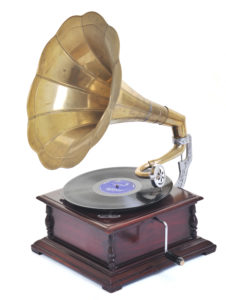When worlds collide you get great stories as explained in this beautifully written post by .
When Worlds Collide
 Have you ever felt out of place? I’m sure. We all have. Meeting the new in-laws. An interfaith church service. Asking the price of a necklace at Tiffany’s. The ER. CIA headquarters in Langley. Strange environments where people are different.
Have you ever felt out of place? I’m sure. We all have. Meeting the new in-laws. An interfaith church service. Asking the price of a necklace at Tiffany’s. The ER. CIA headquarters in Langley. Strange environments where people are different.
One summer day commuting to work on my bike, I stopped at Sander’s Bakery on Lee Avenue in the Brooklyn neighborhood of South Williamsburg. A bakery is a bakery, right? Well, no. Sander’s is in the heart of Brooklyn’s vast Chasidishe, ultra-orthodox Jewish community. The shop was filled with men in long sideburns wearing black coats, Tzizit vests and beaver hats. Women wore wigs, calf length skirts and sturdy shoes. All spoke Yiddish. The shelves were brimming with challah, strudel, rugelach, kippelech, sufganiyot, Napoleon cake and cookies.
In my jeans, black tee and bike helmet, I stood out. Customers avoided my eyes. I am goyim. A non-Jew. An outsider, suspicious, not unwelcome but not welcome either. Cyclists have been attacked in South Williamsburg. To some, I would be less than human. Some, I knew, might believe that I literally lack a soul.
Read the full post on Writer UnBoxed.

 Steven Spielberg loves to tease us with his villains.
Steven Spielberg loves to tease us with his villains. by C.S. Lakin
by C.S. Lakin So
So  In the past, I’ve recommended strict rules about social media use.
In the past, I’ve recommended strict rules about social media use. by Jo Linsdell
by Jo Linsdell Ready to take your writing seriously? Getting ready for NaNoWriMo and need some writing and productivity tips?
Ready to take your writing seriously? Getting ready for NaNoWriMo and need some writing and productivity tips?  5 Writing Tips: Harlan Coben
5 Writing Tips: Harlan Coben How many unfinished and abandoned manuscripts do you have? Author and blogger Janice Hardy shares her insight on the dilemma all writers face.
How many unfinished and abandoned manuscripts do you have? Author and blogger Janice Hardy shares her insight on the dilemma all writers face.